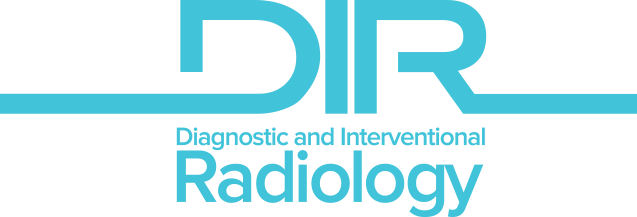ABSTRACT
PURPOSE
To evaluate the usefulness of selective computed tomography (CT) angiography in preventing severe complications, such as spinal cord injury and broncho- esophageal fistula, during the transcatheter arterial embolization or infusion chemotherapy for thoracic diseases.
MATERIALS AND METHODS
Data from 28 patients with thoracic diseases were retrospectively analyzed in terms of selective CT angiography procedures carried out before transcatheter arterial embolization or transcatheter arterial infusion chemotherapy.
RESULTS
There were no spinal cord injuries (0/13 and 0/15) or broncho-esophageal fistula developments (0/13 and 0/15) during transcatheter arterial embolization and transcatheter arterial infusion chemotherapy, respectively.
We conclude that selective CT angiography is potentially useful for reducing the incidence of severe complications during transcatheter arterial embolization or infusion chemotherapy for thoracic diseases.



